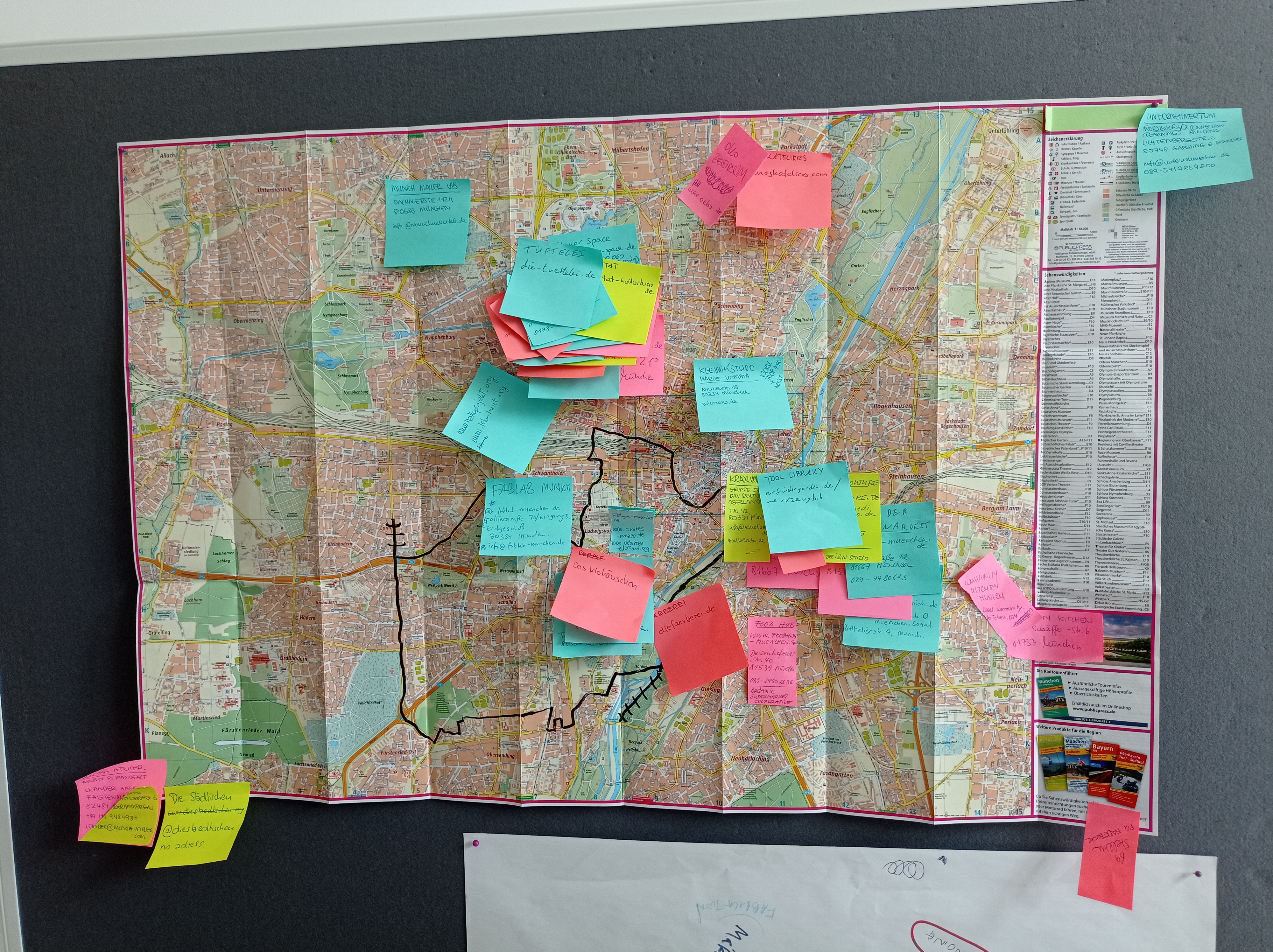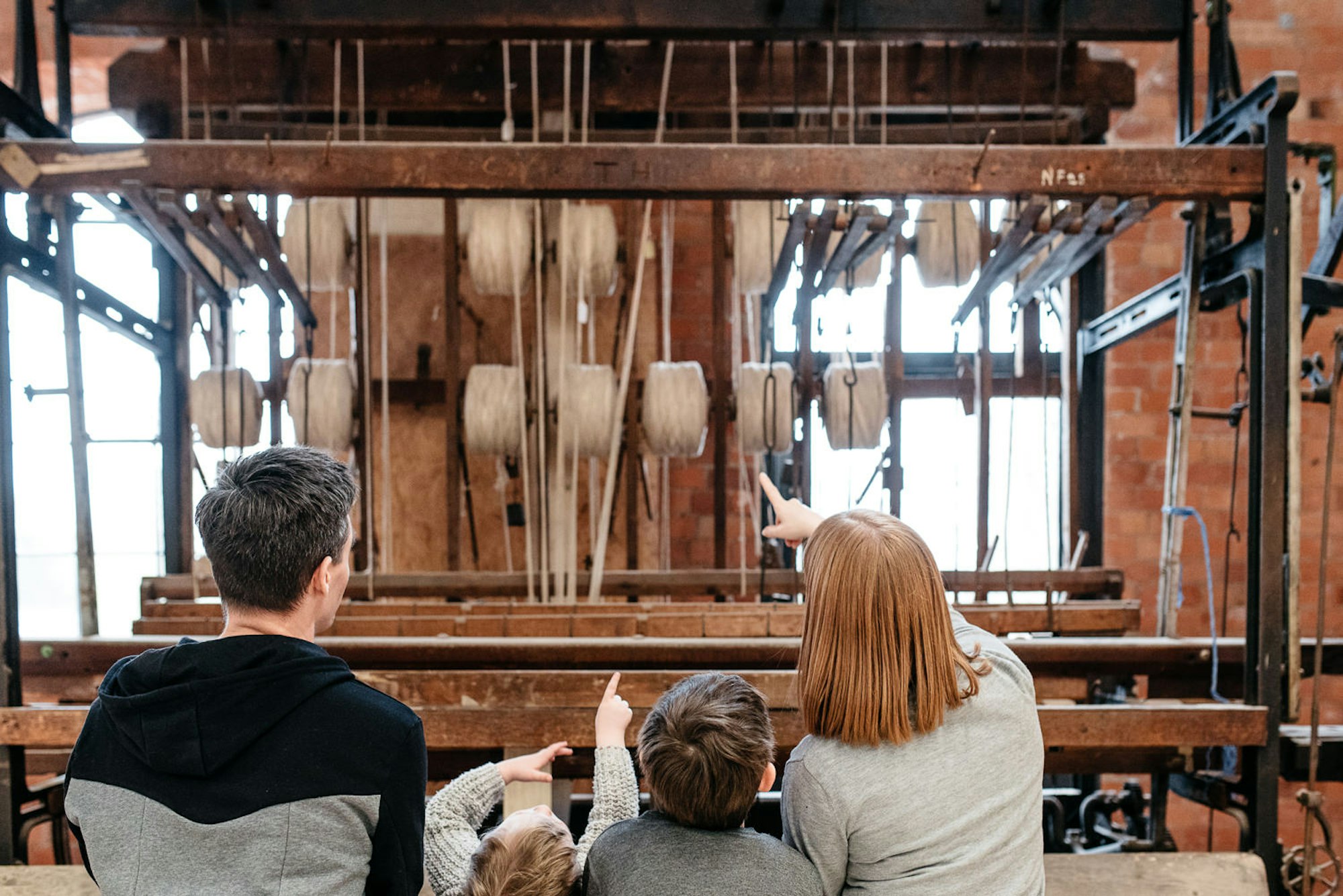Factory Friday: Flux Laser Studio

In our ongoing Factory Friday series, we are delving into the stories behind some of the Scottish Manufacturers that you can find on Make Works.
This week we've interviewed Alice at Flux Laser Studio; a bespoke laser cutting, CNC router, vinyl cutting and application studio.
How did you get into laser cutting?
As I child I saw my older brother working for a big plastic fabrication company back in the North of England with these almost unimaginable objects coming from flat sheets of material. As I started studying Sculpture at Art School here in Scotland, these ideas were still in my head. Laser machines at the Art School were available, but were very difficult to get time on as so many students were needing to use just one or two machines and the facilities that existed in Glasgow at that stage for laser cutting services at the time very quite difficult to access both financially and in terms of ease of communication and processing orders. I saw that there was a gap in the market for a friendly, affordable and quick turn around facility for laser cutting services, fast forward just over 3 and a half years and here we are!
Is there a typical customer who comes into Flux?
There are a few different kinds of customers that we work with:
Primarily we set up for creative practitioners; artists, designer and architects. They make up the vast majority of our clients. Some are repeat clients for whom laser cutting or CNC cutting makes up an essential part of their practice or production of a product. Others who have never used it before and the process works for a certain project they have or are tentatively trying it out – We have quite a bit of information and guidance on our website for newbies and we are always happy to talk through a project and offer advice, to make the process as easy as possible.
We also do work for film, TV and theatre, who often have very short turn arounds (less than an hour in some cases!), having stocks of a wide variety of materials and multiple machines means that we can often accommodate ‘impossible’ deadlines!
There are also those people who have never used or even sometimes heard of laser cutting before, but are needing something cut or engraved that is precise and affordable. It might be a gift or part to replace something broken, and often those people do not use or have access to CAD software so we can draw up files and prepare drawings so we can complete the job from start to finish.
Digital fabrication is such a fast moving industry, how do you see it changing in the coming years?
Even since we opened in 2012, even the vocabulary of digital fabrication has made it into everyday language. ‘3D printing’, ‘CNC Machining’ and ‘Laser cutting’ are words that are used in conversation by even those not within the manufacturing or creative industries. I do think (perhaps biased!) the growth of more approachable companies like us, including our Whisky Bond friends STEP 3D and even facilities like the Make Works directory of factories, are providing easy access to digital fabrication services, this can only get stronger and grow.
For those who are already utilising digital fabrication, especially within a creative application, I think the use of digital fabrication will become more inventive, and will enable more ambitious art works and products, whilst being affordable to produce and for others to buy. Artists that we work with like Tessa Lynch, James McLardy and Christine Borland use digital fabrication as part of their production, but not necessarily visible in the final work, a time saving exercise, perhaps to speed up a process that could be done by hand, or maybe something that would be impossible to cut or engrave without digital machinery.
What are the projects that you’ve worked on over the years that you’ve really enjoyed?
Projects that we see develop and refine, through to the final product are always exciting:
Working with Michael Morrison at Barmor Designs is always great, he is so knowledgeable about his materials, a skilled craftsman and has the ability to create often hundreds of the same object to be identical, which is where the laser engraving is so invaluable to his process, repeating the branding, text and logos in the exact position, with the same finish.
A rather unusual request to cut renewable and eco-friendly hemp sheets for sunglasses turned out to be a 6 month process of problem solving, prototyping and finessing the process before the production could start, so seeing the finished product for Hemp Eyewear based in Edinburgh’s Biscuit Factory, was even sweeter. They are going from strength to strength and now we have just finished the cutting of the newest 3 designs, so keep your eyes peeled for those!
Christine Borland and Brody Condon’s projects are always interesting, also sometimes rather unusual requests, materials or processes that we maybe haven’t used before: hundreds of loom cards cut with binary translations of dialogue for Daughters of Decayed Tradesmen or laser engraved Orkney Clay to be fired in a pit and then displayed in a travelling bus gallery!
Overall though, asking for favourite projects is like asking to choose a favourite child, whilst we are working on them we are totally involved with them and all I can think about, but once they are finished it is onto the next!
What advice do you have for emerging makers, designers and manufacturers?
1. Say yes.
2. Talk to everyone – tell everyone what you do: you are your best PR person.
3. Have patience and confidence, or at least pretend that you do.
4. Other makers, designers and manufacturers are not your competition, but collaborators, teachers and people who can help you when you need it.
5. You are not alone in this, sometimes it might feel lonely, you might only speak to yourself in the studio some days, but there are lovely people out there who host events like Analogue Social to meet up with people, or organise a Fika like those we have at The Whisky Bond, go there and follow steps 1 & 2!
Thanks very much to Alice for that fantastic advice! You can take a look at Flux Laser Studio on Make Works here and if you'd like to find out more about Laser Cutting take a look at our Guide to Laser Cutting written by Alice.
Categories
Factories
Related stories
Factory Friday: Turnberry Rugs
Aero Leather - Scottish manufacturer of leather jackets
Factory Friday: Jay Surfboards
New Make Works Film: Glencraft Mattresses
Manufacturer Case Study: Trakke








